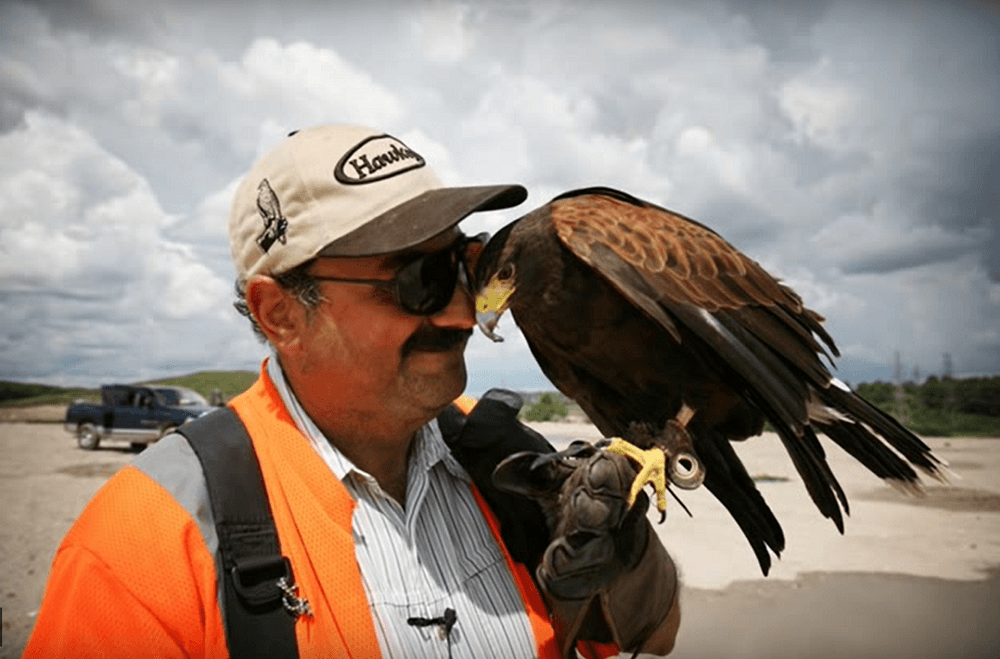What is Falconry?
Falconry is defined as “taking wild quarry in its natural state and habitat by means of trained birds of prey” (iaf.org) and dates back as far as 2000 BC, however some historians believe this prectice to be much older.
Birds of prey are excellent hunters as they have incredible eye sight and very sharp claws, or talons. They can hunt prey that fly in the air, or small mammals on the ground. Some hunt during the day, while others (such as owls) are nocturnal and hunt at night. Birds of prey can can be incredibly fast, reaching speeds of up to 60mph in a dive and able to quickly manoeuver through dense forests and thick brush.
Birds of prey are trained by learning to associate the falconer with food. A raptor is very food motivated and when it learns that the falconer is its only source of food, it can be trained with the food as the reward.
When a brid of prey catches prey, the falconer has to remove the prey immediately and replace it with a food reward for a job well done. If the raptor gets to eat what it catches, it will no longer be willing to fly for the falconer. The falconer has to be the only source of food for the bird. Birds of prey can be easily released back into the wild to become "wild" again after being trained by a falconer.

Dream of handling a Bird of Prey yourself? Dream no more!
Book your Once-in-a-Life-Time Experience today!
Choose from our spectacular Falconry Experience » or Owl Experience »
Visit with and learn about our Birds of Prey - fly a Hawk or an Owl at the end of your Falconry or Owl Experience!
Here, at Hawkeye Bird Control, we offer a proactive falconry program that is both humane and highly effective at controlling pest birds. We use birds of prey as an environmentally friendly way of controlling the behavioural patterns of pest bird species such as pigeons, gulls, starlings and sparrows.
When dealing with large numbers of pest birds, birds of prey offer faster and longer lasting results than methods such as killing/shooting. Using Falconry works for controlling birds for many situations including; airport bird strike safety, industrial building infestations/nesting, reducing crop damage from bird feeding, unsanitary areas from excessive bird droppings, landfills, recreational areas and more.
Watch Falconer Dan Frankian and our harris hawk "Clara" in action at a local landfill

The art of falconry is well over two thousand years old, and the way nature intended bird & animal populations to be regulated.















